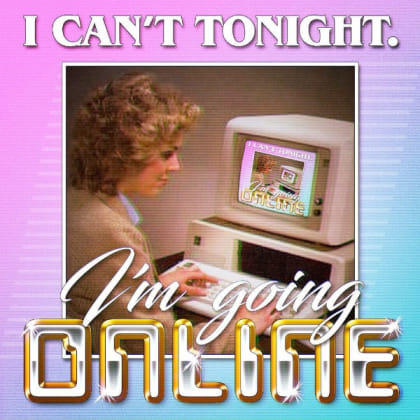Anne Muehlethaler
@annvi
Swiss Intl Light. Likes to make magic happen✨
Consultant | Coach | Teacher | Writer |
Discover Out of the Clouds, the podcast
+ The Mettā View
Anne Muehlethaler
@annvi
Swiss Intl Light. Likes to make magic happen✨
Consultant | Coach | Teacher | Writer |
Discover Out of the Clouds, the podcast
+ The Mettā View
Today by Maya Luna
Today I gave up
On healing my trauma
I gave up
On practicing the skills
To become whole
Today I gave up
On evolving
Into that ever elusive
Better version of myself
Today I submitted
To the wound of love
I stopped pointing at it
Looking at it
Soothing it
Tweaking it
Fixing it
Finessing it
Hiding it
Polishing it
I stopped this game of separation
I
... See more...[W]hile I have life and strength I will never stop doing philosophy. For my aim is to persuade you all, young and old alike, not to think about your lives or your properties, but first and foremost to care for your soul.
Socrates, The Apology


